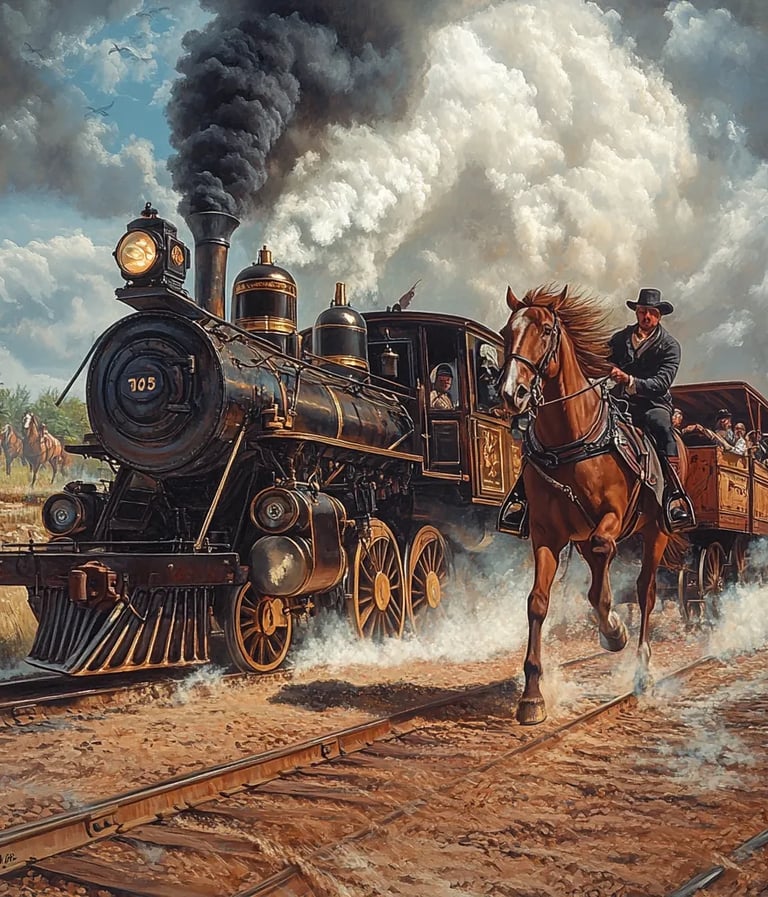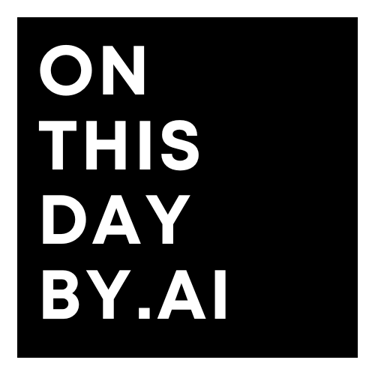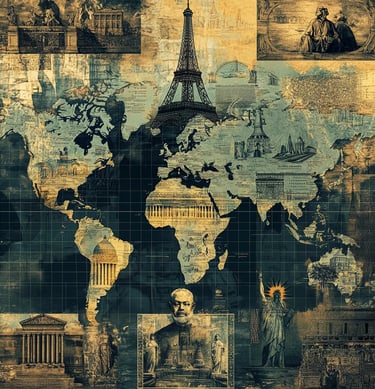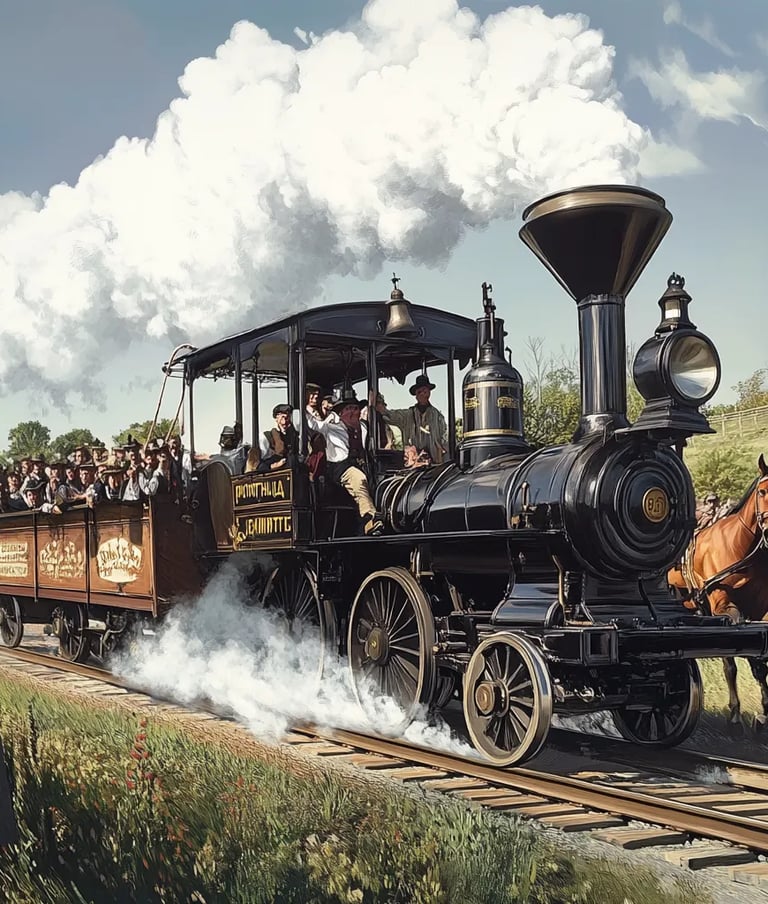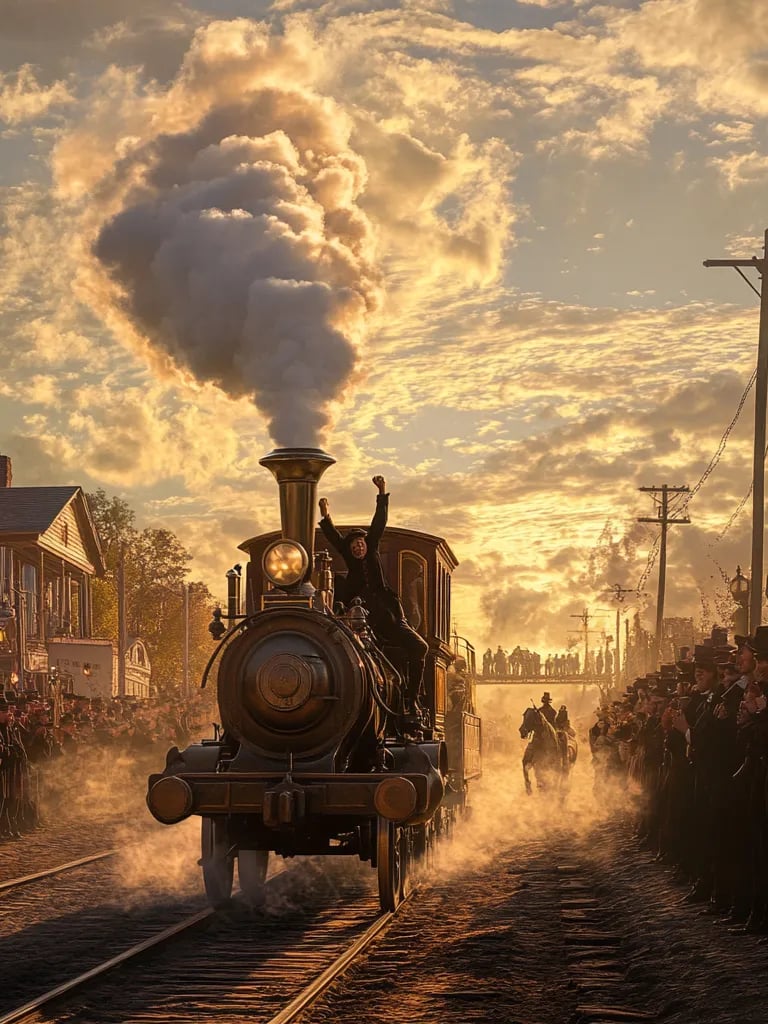Orestes, father of Emperor Romulus Augustulus, was captured and executed by Odoacer, a Germanic chieftain. Odoacer deposed Romulus Augustulus, marking the collapse of the Western Roman Empire. This event symbolized the end of ancient Roman rule in the West, leading to the fragmentation of the empire and the beginning of the Middle Ages.
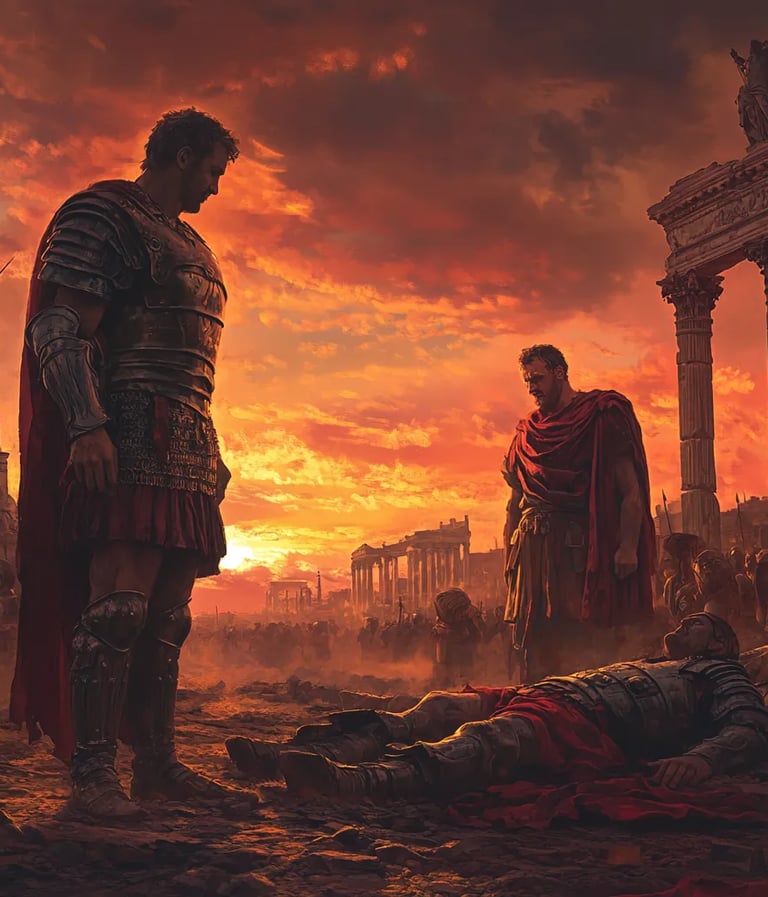

476 – End of the Western Roman Empire
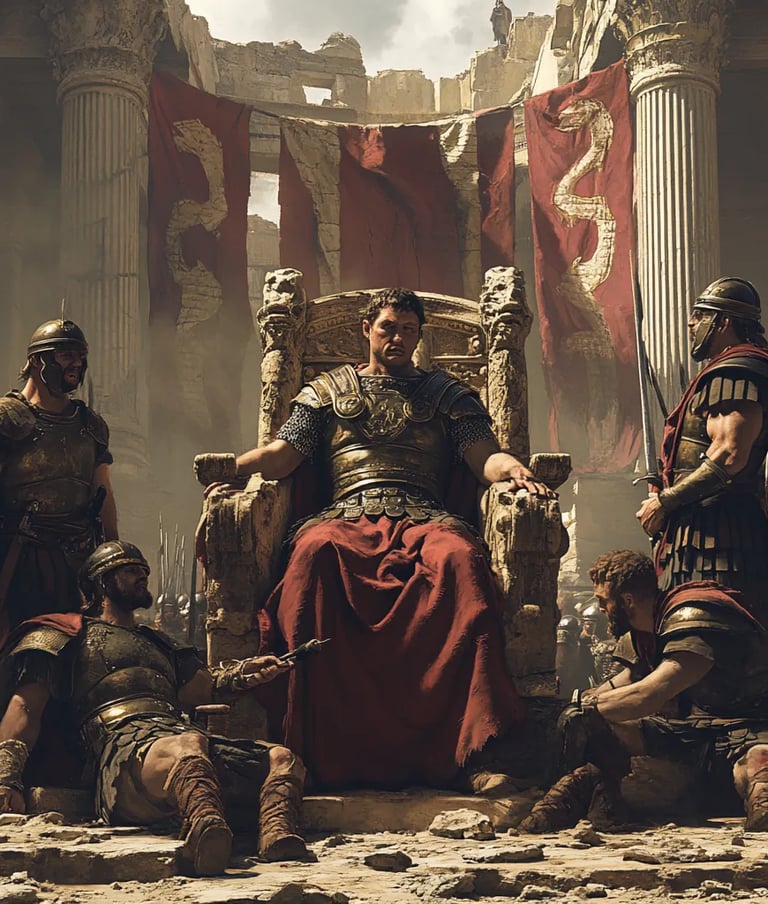

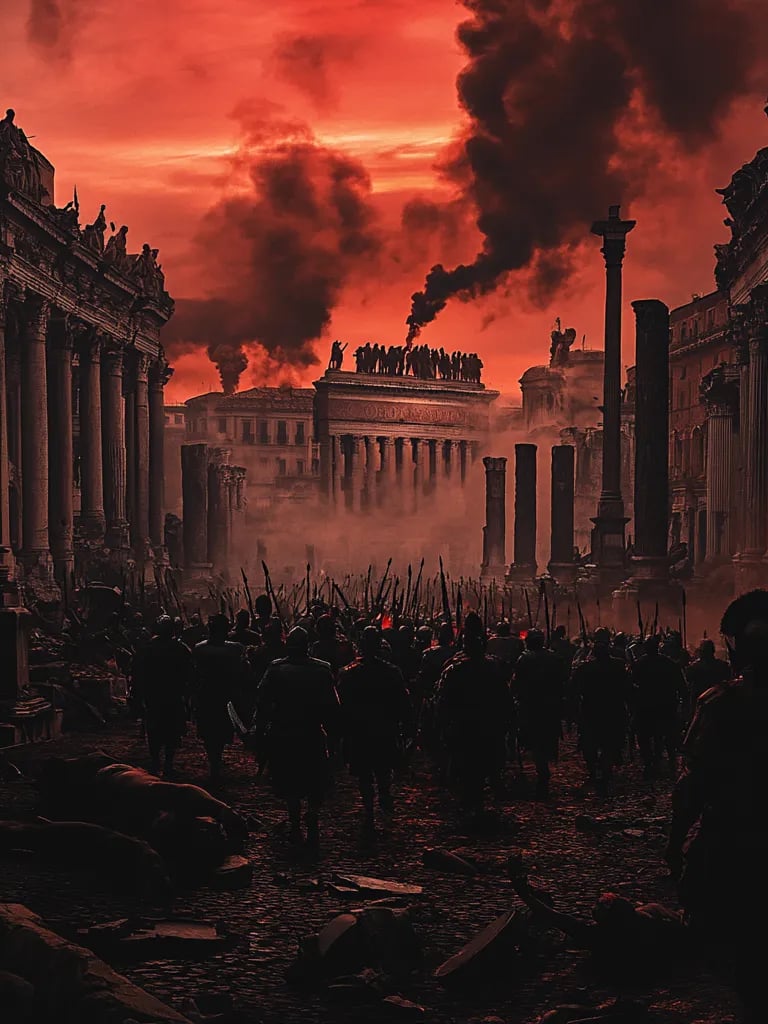

King John of England granted a charter to the small town of Liverpool, bestowing the right to elect a mayor and aldermen. This charter formalized Liverpool’s borough status, which laid the groundwork for its transformation into a major maritime and commercial hub, eventually growing into one of the world’s most important port cities.
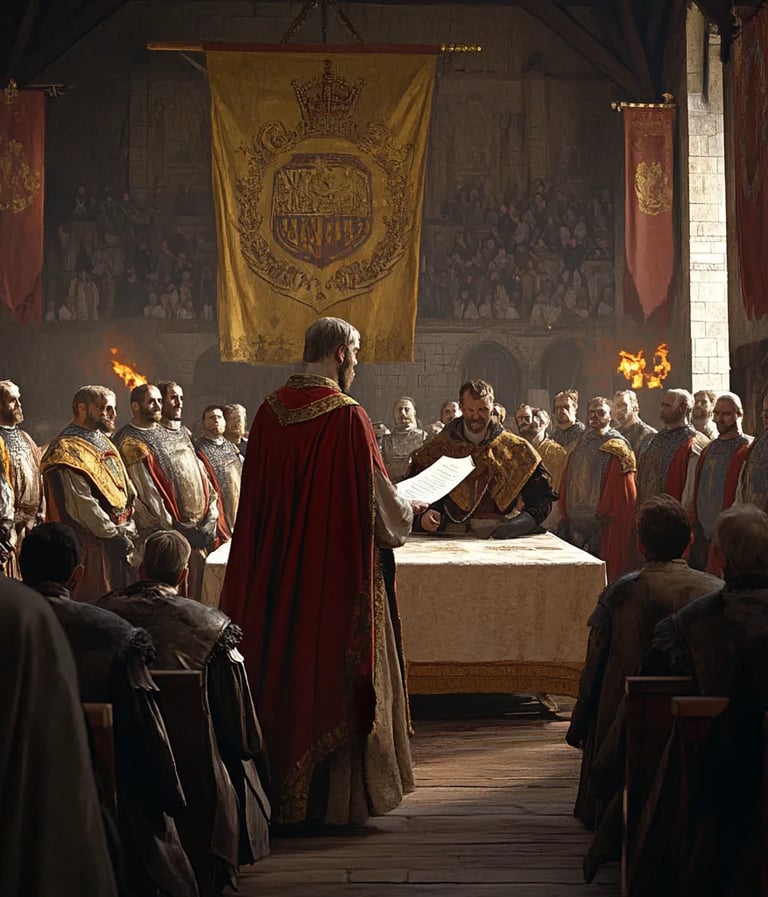

1207 – King John Grants Liverpool a Charter
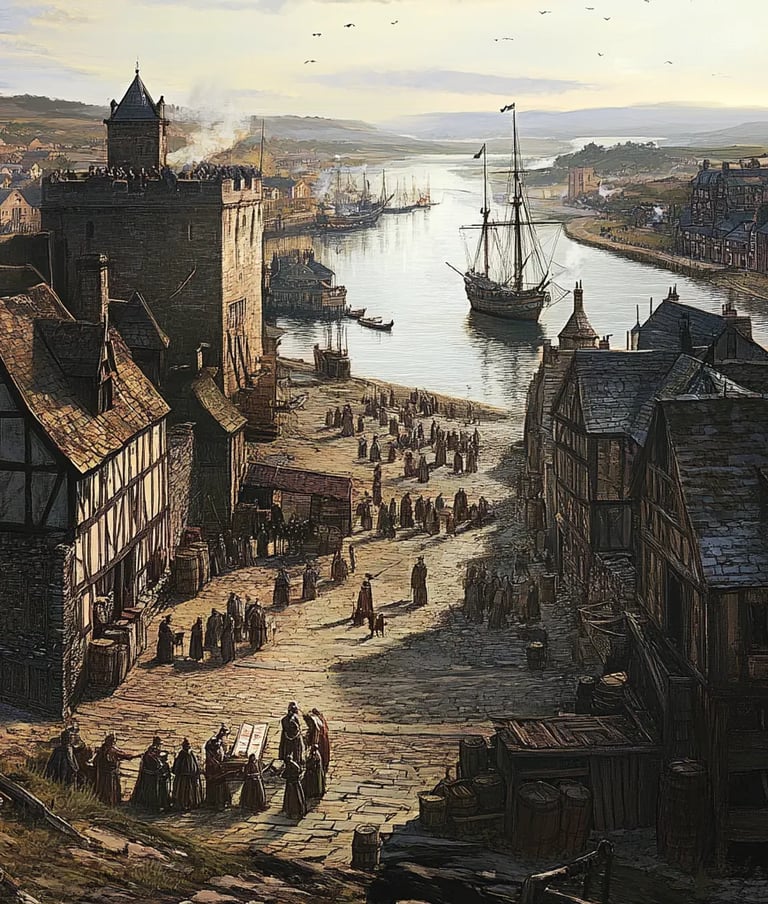

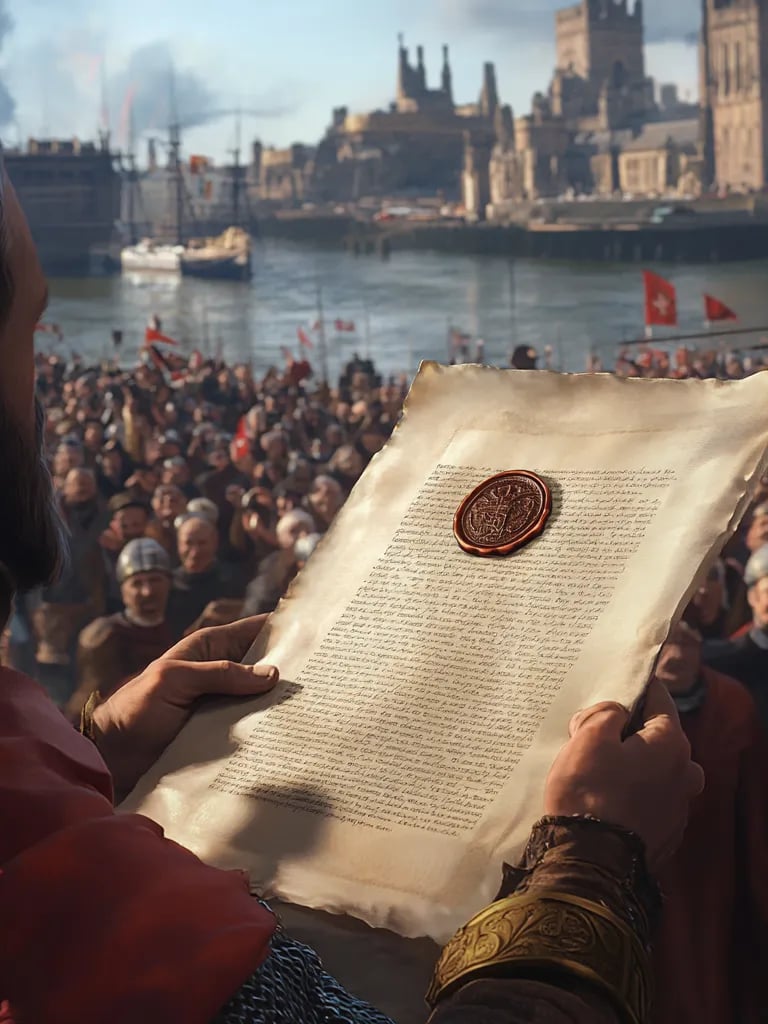

The Battle of Cooch’s Bridge occurred near Newark, Delaware, during the American Revolutionary War. British and Hessian forces clashed with American militia in a skirmish that marked the only significant battle in Delaware during the war. Though the Americans were forced to retreat, the battle delayed the British advance toward Philadelphia.
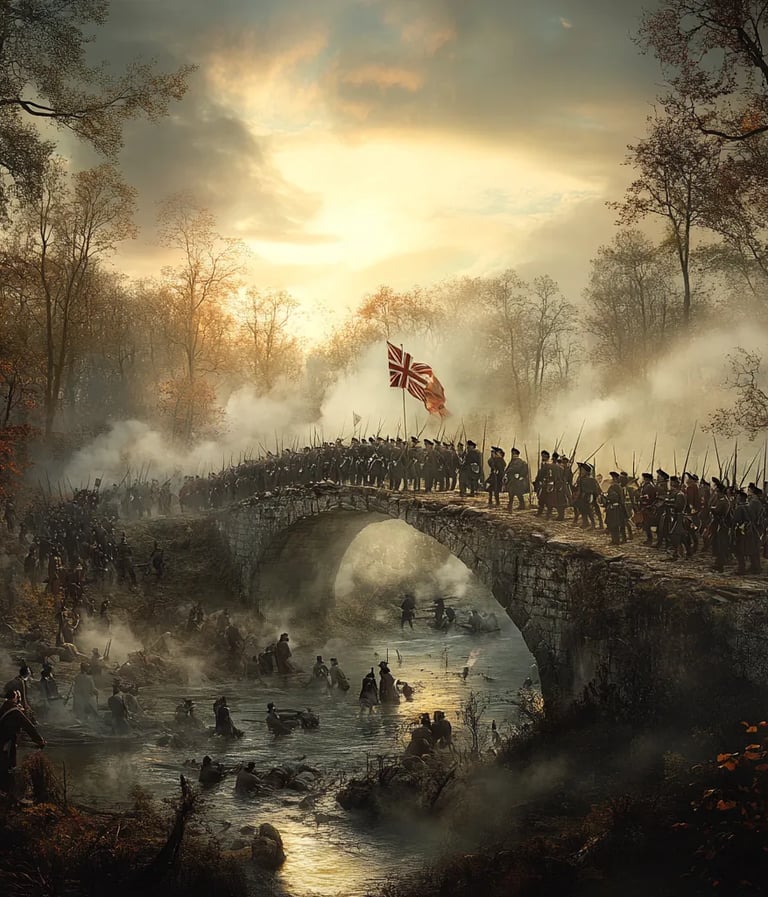

1777 – American Revolutionary War: Battle of Cooch’s Bridge
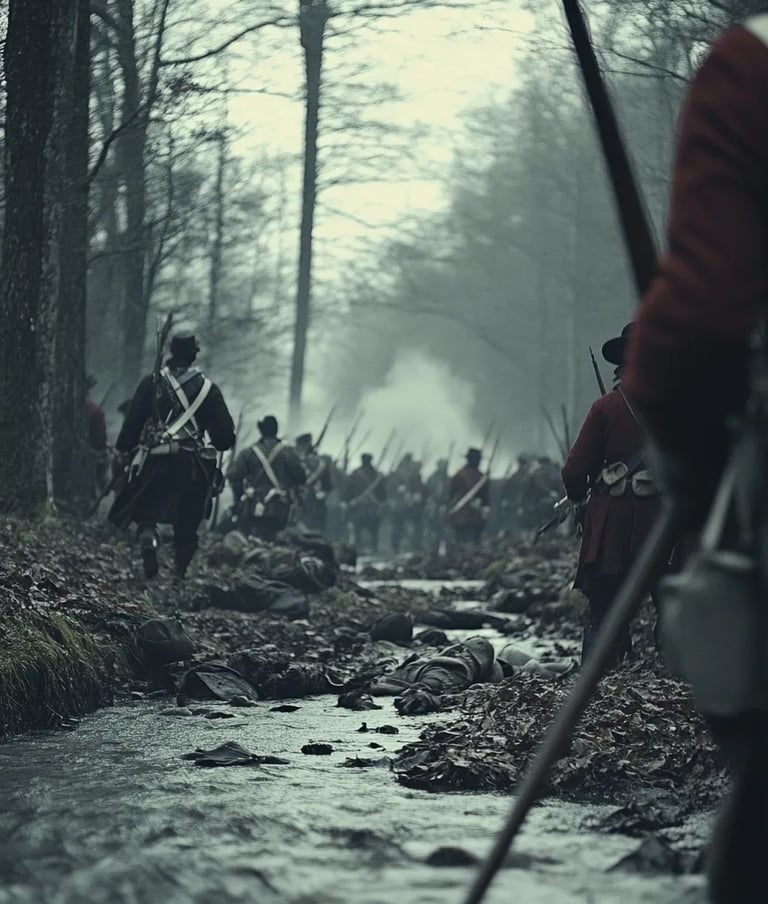

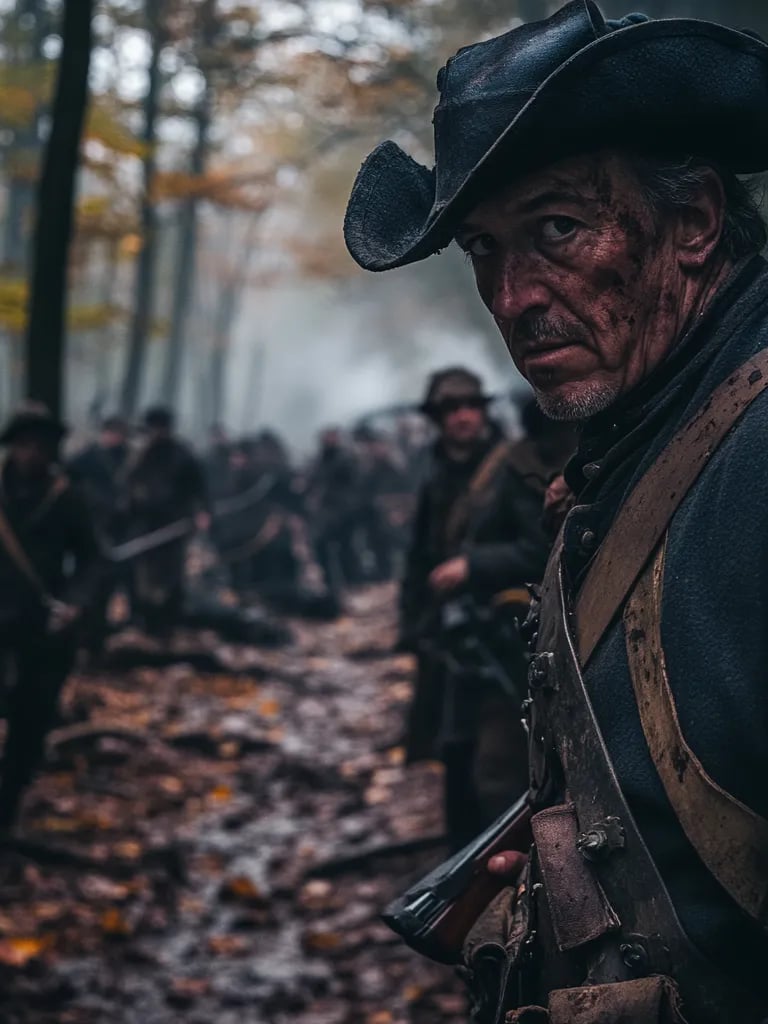

Astronomer William Herschel discovered Enceladus, one of Saturn’s moons, using a telescope he had designed himself. Enceladus would later become known for its icy surface and geysers. This discovery expanded the knowledge of Saturn’s moon system, contributing to significant advances in the study of astronomy and planetary science.
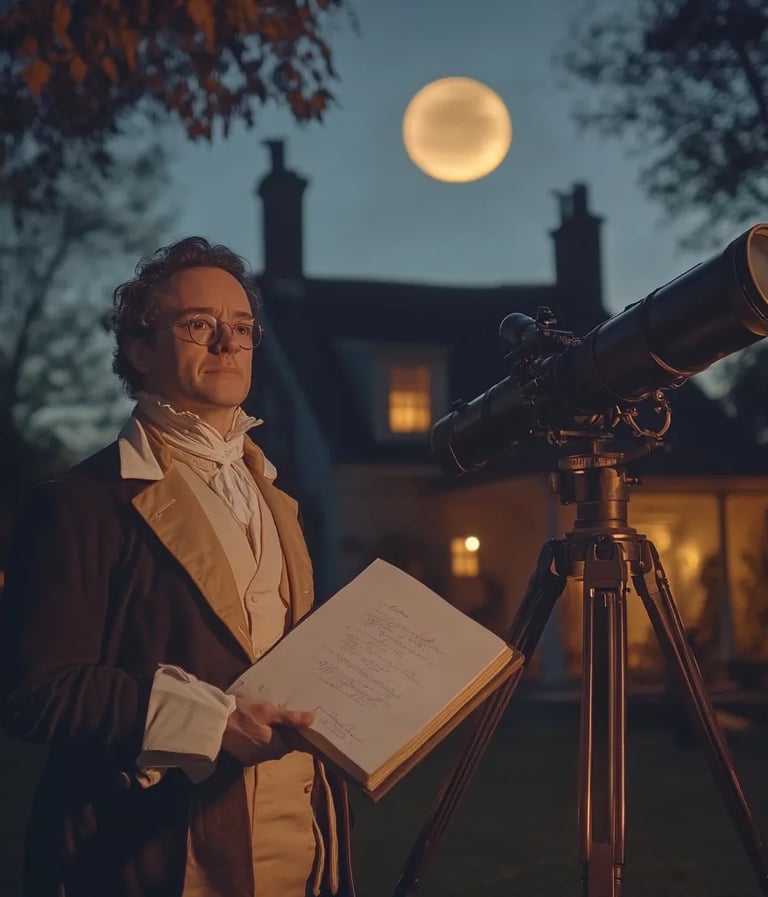

1789 – William Herschel Discovers Saturn's Moon Enceladus


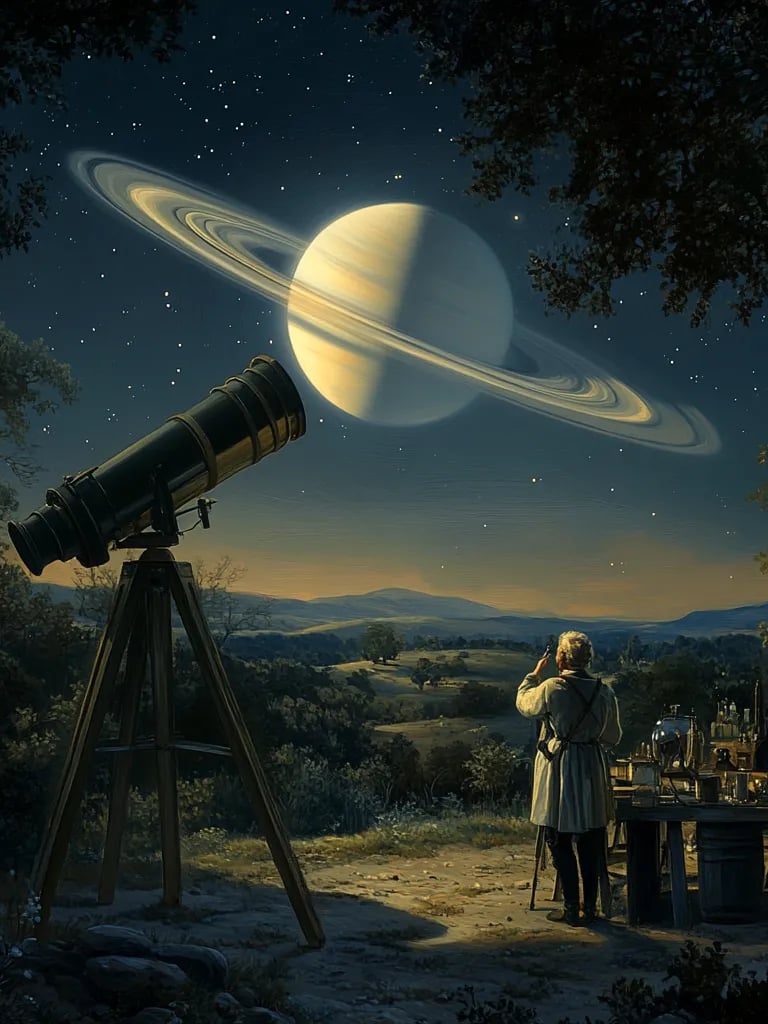

The first American-built locomotive, "Tom Thumb," raced against a horse-drawn stagecoach from Baltimore to Ellicott Mills. Despite a promising start, mechanical issues caused the locomotive to lose the race to the horse. Though a defeat, this event demonstrated the potential of steam-powered transportation, paving the way for future railroad development in America.
